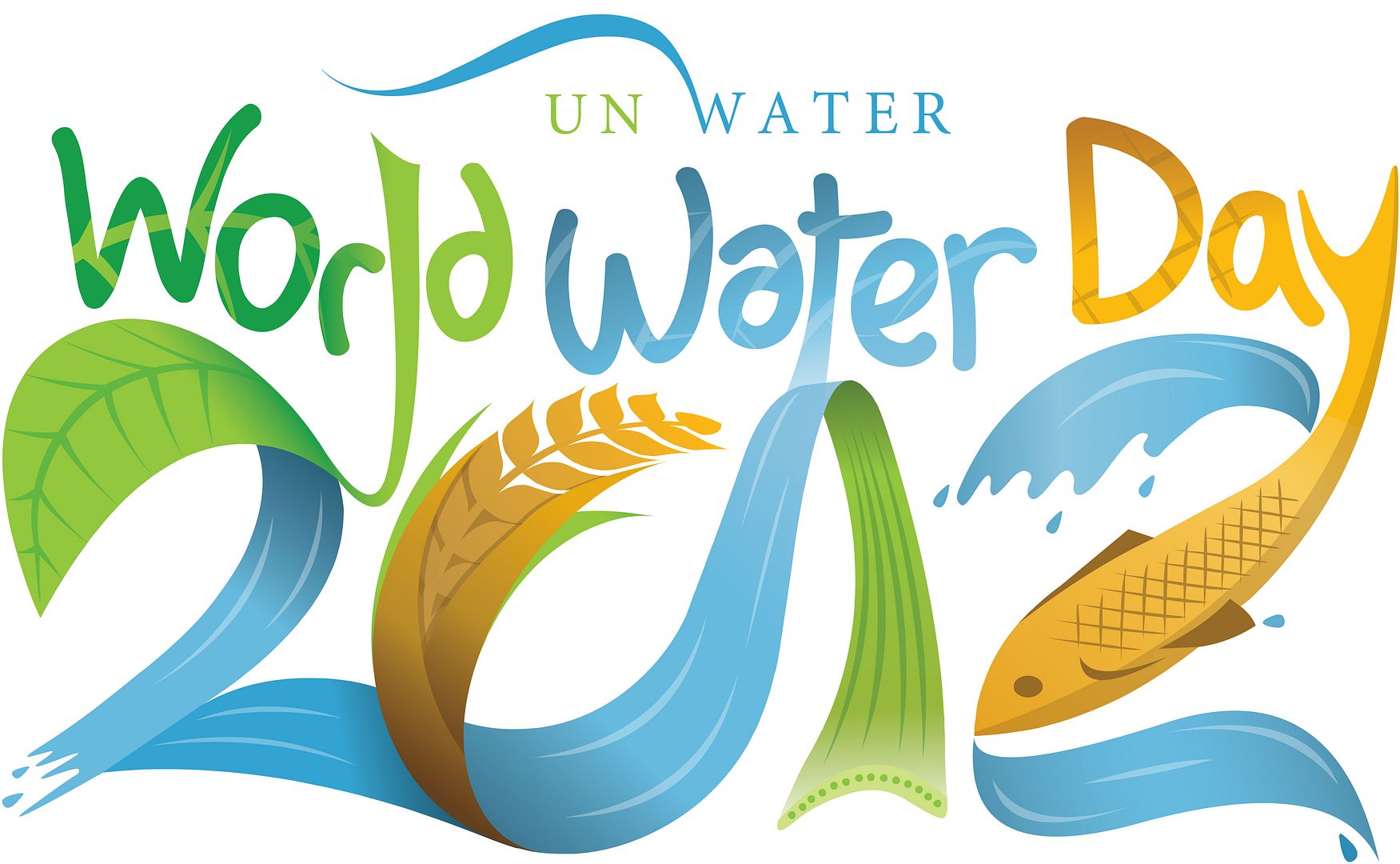
World Water Day 2012—"International World Water Day happens annually on 22 March as a means of focusing attention on the importance of freshwater and advocating for the sustainable management of freshwater resources"—since 1993 and counting! The landing page lists topics for each of the past World Water Days; this year's emphasis is "Water and Food Security."
I'll highlight just a couple of their FAQs about water:
• All the food from crop and livestock production, inland fisheries or aquaculture, forest products, requires water. This water comes from rain and moisture stored in soils (green water) or from withdrawals in watercourses, wetlands, lakes and aquifers (blue water).
• 70% of the blue water withdrawals at global level go to irrigation. Irrigated agriculture represents 20% of the total cultivated land but contributes 40% of the total food produced worldwide.
 Water is life! Digging wells for safe water and teaching reading for literacy are hands-down the best ways missionaries, peace corps and other deployed aid workers can change communities and individual's lives.
Water is life! Digging wells for safe water and teaching reading for literacy are hands-down the best ways missionaries, peace corps and other deployed aid workers can change communities and individual's lives.Common theological words and concepts such as water, bread, Lord, and land are what late anthropologist Clifford Geertz called thick: they're about basic essentials; pack a clout; don't need to be modified by fancy descriptive adjectives; most are Anglo-Saxon in origin. Over desert spirit's fire's almost ten years, I've written a lot about water.
The bible that holds Christianity's collected sacred texts begins with waters of the first creation and concludes with rivers of the new creation. Water is the womb of this planet's creation and the womb of our first birth as humans. In baptism water is the womb of our first death and of our re-birth – our re-creation – as we identify with earth's history. I'll quote one of my posts from a recent contest:
My particular Reformation tradition emphasizes the ongoing Divine presence and God's continued self-giving in the sacraments. But baptism and holy communion are far more than something we do in a ritualized way when we gather—they are lively signs to the world of our seeking and working for justice for all peoples and all the earth everywhere. Sacraments also signify the sacredness of all life as they form a microcosm of the promised time of the fullness of redemption for all creation. Real food is not manufactured in laboratory-like factories; real food comes from the earth and for celebrating sacramental ordinances we use flowing water, juice or wine from the fruit of the grapevine and (ideally recently homemade) bread baked from natural ingredients, so we need to be friends of the earth to continue celebrating sacraments.BTW, that post was the first weekly contest winner!
Today for my Facebook page and profile status updates, I said I was going to blog about World Water Day and try to be a better friend of the oceans and rivers, a better friend of the earth. To help that happen, I'm going to follow some of the suggestions listed in the FAQs.


No comments:
Post a Comment
thanks for visiting—peace and hope to all of us!